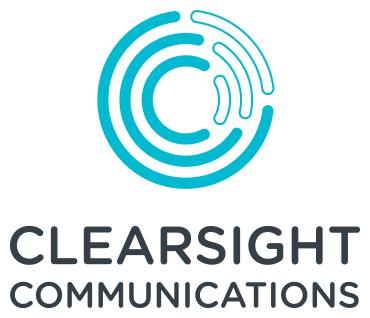
“Effective communication is 20% what you know and 80% how you feel about what you know.” – Jim Rohn
Listening is a key component of successful and effective communication between any two or more humans. How often do we hear ‘debates’ on radio or TV where there is an almost total absence of listening. So often these exchanges are marked and fuelled by an apparent compulsion by participants to talk, often to the extent of going completely off topic.
I’ll leave it to psychologists to analyse the reasons why this phenomenon is so prevalent. My focus here is on the positive benefits of learning to listen. Doing so enables us to hear not just what is being said but also the tone and intent behind them. We can also learn to listen for what is being omitted, whether intentionally or otherwise.
“But behaviour in the human being is sometimes a defence, a way of concealing motives and thoughts, as language can be a way of hiding your thoughts and preventing communication.” – Abraham Maslow
Albert Mehrabians oft misquoted study refers to the percentages of understanding and congruency in conversations with a strong emotional content. His breakdown of 38%, 55% and 7% relates to tone and syntax, body language, and the words themselves. Too often we focus our attention on the words and allow ourselves to be distracted and even misdirected. It then becomes easy to miss the incongruencies in the mix of body language etc, especially if the speaker is eloquent, or more technologically competent than we are.
“The more elaborate our means of communication, the less we communicate.” – Joseph Priestley
It requires confidence, awareness and willingness to listen with care. Whether in interviews, negotiations or sales processes the potential misdirections are plentiful. Extending our listening skills beyond our ears and intellect to ‘whole body listening’ helps greatly. Aligning all our faculties enables us to hear what is said, the intention behind it and what is left unsaid. Having a more complete picture allows us to give a much more informed response.
Start practicing by putting your feet on the ground and rest your hands on your thighs. Pay attention to your breath both in and out, and focus on the rhythm. Briefly scan your body from head to toe for any areas of tension. Gently roll/shake any such areas to begin a relaxation process – it won’t all happen at once but you’re making a start. Repeat daily for even 5 minutes at a time and you’ll see obvious benefits. Cultivating the awareness of your own body and its signals will increase your alertness for incongruencies in those you’re interviewing/negotiating with.
Relaxed alertness without straining facilitates a deeper level of understanding and is a means to differentiating between clear and hopeful decisions, leading to better deals!
If you like this article feel free to share it.
Joseph McGuire is the owner of Clearsight Communications who provide personal evaluation services and training in the areas of senior level recruitment/promotion, negotiations, sales communications and HR. He is also the author of the recently published book Face Facts:The Art of Reading Your Clients and Prospects for Sales, Negotiation and Recruitment’. Now available:
https://clearsightcommunications.com/face-facts-book
Individual consultation sessions are available both in person and via Skype. He is also in demand for group training and presentations, private functions and conferences. Contact: joseph@clearsightcommunications.com
Or call: + 353-(0)87-246 1853
